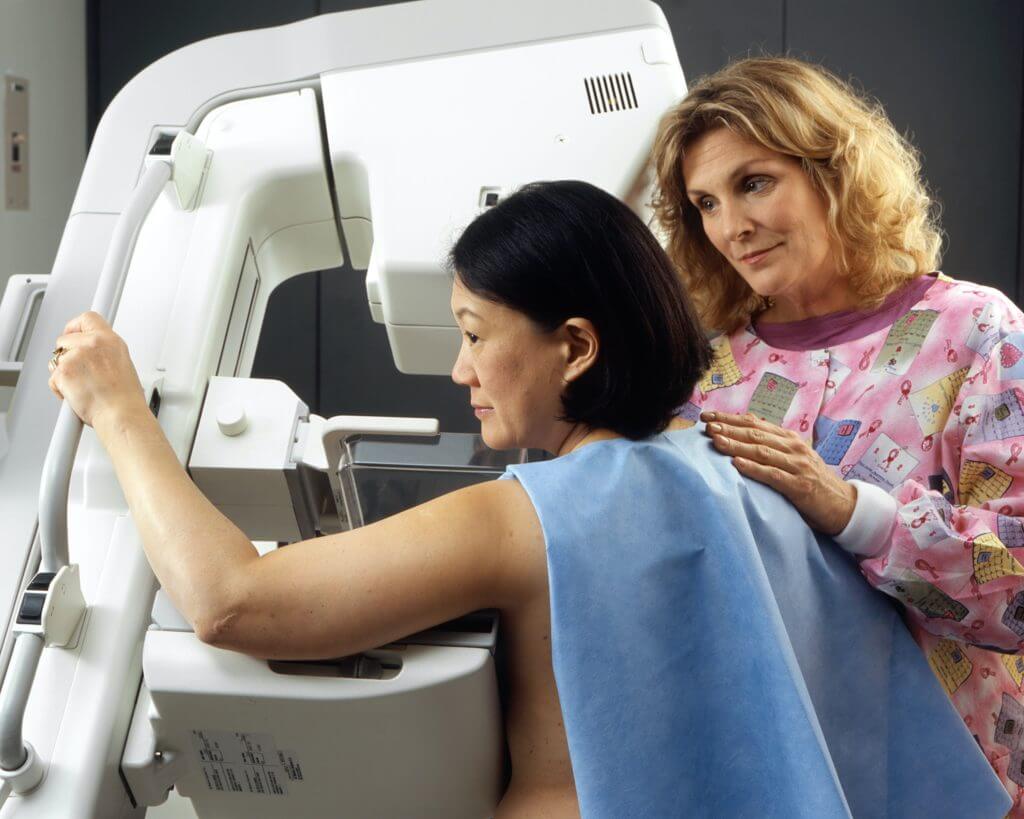LONDON — Sexism is negatively affecting women’s cancer care, a new report contends. Researchers from diverse academic backgrounds argue that gender discrimination restricts the quality of cancer care women receive. At the same time, they note that products with potential carcinogenic effects, such as alcohol and tobacco, are being aggressively marketed to women.
Furthermore, there’s mounting evidence suggesting a link between commercial products predominantly used by women, such as breast implants, skin lighteners, and hair relaxers, and an increased risk of cancer. Yet, experts note that information related to women’s health primarily focuses on reproductive and maternal issues rather than on cancer.
Consequently, many women miss opportunities to avoid factors that could lead to the disease. For instance, a study highlighted in the report revealed that only 19 percent of women attending a breast cancer screening were aware that alcohol is a significant risk factor.
The multi-disciplinary team of experts believes that up to 1.5 million women could prevent premature death from cancer either by reducing their exposure to risk factors or through early diagnosis. They cited that in 2020, around 1.3 million women succumbed to the four leading cancer risk factors: tobacco, alcohol, obesity, and infections.
Based on their findings, the researchers are advocating for a feminist perspective in cancer care, emphasizing the importance of including sex and gender considerations in all cancer-related policies and guidelines.

For this report, the Lancet journal formed a commission comprising scholars from fields like gender studies, human rights, law, economics, social sciences, and cancer epidemiology. This commission also included patient advocates.
The researchers express concern that discussions about women’s cancers often revolve around cancers such as breast and cervical. However, a significant number of women globally die from lung and colorectal cancer, which rank among the top three causes of cancer deaths in women.
“Furthermore, for the last few decades in many high-income countries, deaths from lung cancer in women have been higher than deaths from breast cancer,” says Dr. Isabelle Soerjomataram, from the International Agency for Research on Cancer, in a media release. “The tobacco and alcohol industry targets marketing of their products specifically at women, we believe it’s time for governments to counteract these actions with gender-specific policies that increase awareness and reduce exposure to these risk factors.”
The report also underscores that gender biases and discrimination can result in sub-par healthcare for women. Women with cancer, according to multiple studies, often report receiving inadequate pain relief compared to men. This disparity becomes even more pronounced when the patient belongs to a marginalized ethnic, indigenous, or LGBTQIA+ group. For example, a U.S. survey indicated that LGBTQIA+ African American women experienced more significant stigma than any other group, correlating with a 2.4 times higher risk of delayed breast cancer care than white, heterosexual, cisgender women.
“Cancer is a leading cause of mortality in women and many die in their prime of life, leaving behind an estimated 1 million children in 2020 alone,” says Dr. Verna Vanderpuye, a senior consultant at the Korle Bu Teaching Hospital in Ghana and co-chair of the Commission. “There are important factors specific to women which contribute to this substantial global burden – by addressing these through a feminist approach we believe this will reduce the impact of cancer for all.”

Furthermore, the commission found that women frequently bear the financial brunt of cancer. A study spanning eight Asian countries revealed that three-quarters of women experienced significant financial strain post-diagnosis, with 30 percent of their annual household income spent on cancer-related costs. Additionally, women often assume the primary role of unpaid caregivers for cancer patients. Hence, the commissioners are urging for equitable compensation for cancer caregivers, emphasizing that remuneration should factor in its impact on women’s independence and potential, not just its monetary value.
Prof. Nirmala Bhoo-Pathy, affiliated with Universiti Malaya, Malaysia, and Queen’s University Belfast, highlighted the gender norms that sometimes force women to prioritize their family’s needs over their own health, complicating their pursuit of healthcare.
The Commission also stressed the underrepresentation of women in senior roles within cancer care. For instance, within the Union for International Cancer Control (UICC), women are notably underrepresented in leadership positions, especially in Asia, Africa, and Europe.
“In societies where women’s autonomy is compromised, it’s crucial for all stakeholders, from researchers to healthcare providers, to ensure women’s diverse and unique needs are met during their cancer care experiences,” concludes Dr. Shirin Heidari, a senior researcher at the Geneva Graduate Institute.
The study is published in the journal The Lancet.
You might also be interested in:
- Gynecologic cancer misinformation on TikTok endangering women’s health, study warns
- Just one soda each day significantly increases liver disease and cancer risk in women
- HPV tests for women over 65 could help prevent cervical cancer
South West News Service writer Pol Allingham contributed to this report.

